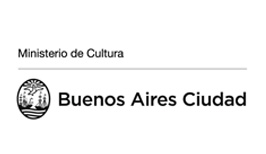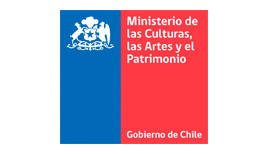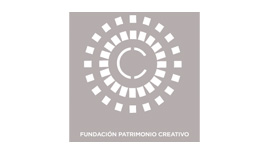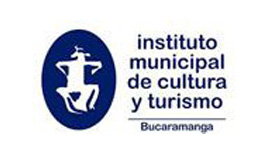CHANGING PLACES / ESPACIOS REVELADOS
Artistic interventions in urban spaces
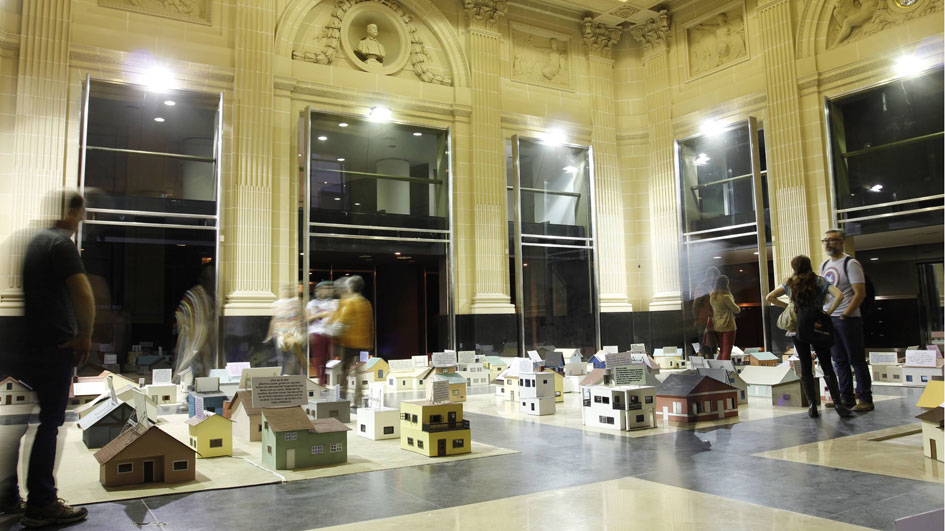
How does a city address the tension and conflict created by rapid economic, environmental, and societal shifts? How do residents create a sense of belonging to an urban space? And what role do a city’s “blind spots” play in addressing these questions? The CHANGING PLACES / ESPACIOS REVELADOS program revives and reimagines abandoned buildings and public spaces in South American cities. Artistic interventions create new perspectives on a city’s neighborhoods and what it means to coexist in a city in the age of globalization.
Project series
Every project begins with a new cooperation
CHANGING PLACES / ESPACIOS REVELADOS is a series of cultural projects held in changing locations. The projects are developed out of the local context of each city and bring together artists from South America and other parts of the world. Each project is created and implemented through a network of public and private organizations in the respective city.
Artists actively involve local residents
From the 2024 edition in Buenos Aires, to 2016’s program in Santiago de Chile, or Guadalajara in 2020: the key to developing each project is the active involvement of local residents in the respective cities. Following extensive research of buildings, public places and the social environment, local and international artists address each city’s challenges, cultural memory and the imaginations of the inhabitants. Artists and neighbours come together in a series of city labs. These projects usually span about one year. Ideally, each project inspires further local activities that continue into the future.
Overview of projects
In 2014, CHANGING PLACES / ESPACIOS REVELADOS swapped the confines of the theater for the vast stage of the city in Buenos Aires. Abandoned apartment blocks and businesses, imposing vacant banks, a railroad bridge spanning the Riachuelo, terraces high above the city, and even walls and facades in public spaces were converted into stages by outstanding theater and performance artists.
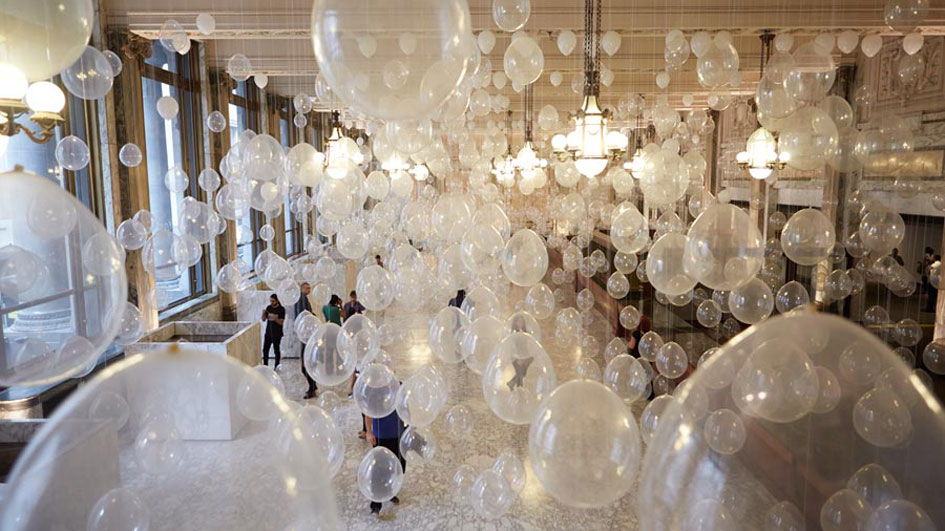
From 7-17 April 2016, CHANGING PLACES / ESPACIOS REVELADOS transformed Santiago de Chile into an experimental space for artists that examined the relationship between art, cultural heritage, and community. Installations, performances, and other artistic works turned abandoned buildings and squares into experiential spaces.
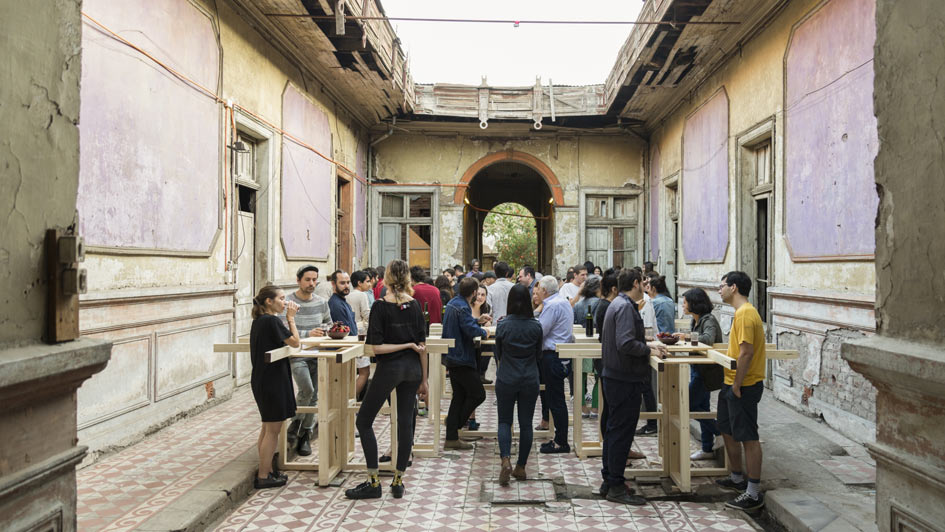
In 2018, CHANGING PLACES / ESPACIOS REVELADOS was held in Colombia. The project centered on Bucaramanga, a city in northeastern Colombia with a metropolitan region of more than a million residents. From 23 November to 2 December, fourteen locations conveyed new perspectives on the city, its cultural heritage, and living together.
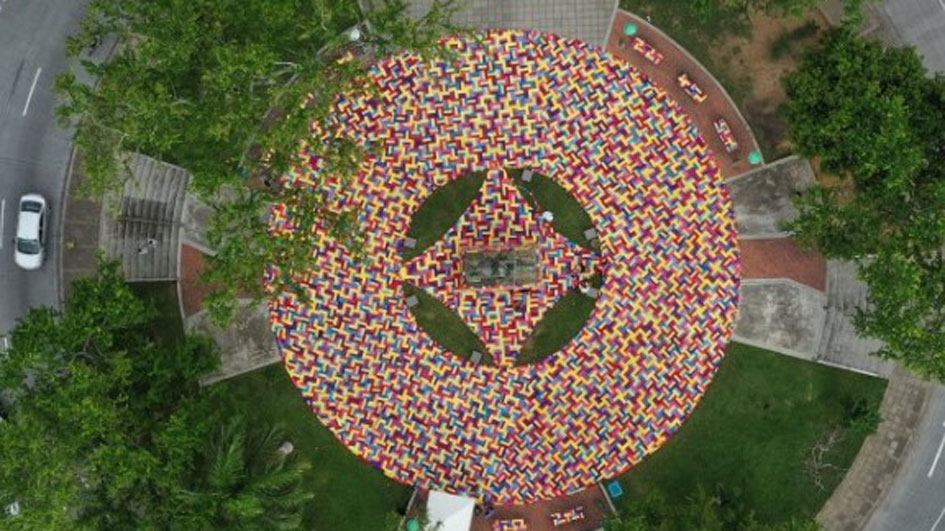
From August 2019 to March 2020, a new urban project of the CHANGING PLACES / ESPACIOS REVELADOS series was held in Guadalajara. Guadalajara is Mexico’s second largest city and the capital of the state of Jalisco. It is steeped in tradition and was the focus of an eight-month process dealing with the city’s modern architecture – one of Guadalajara’s underappreciated treasures.
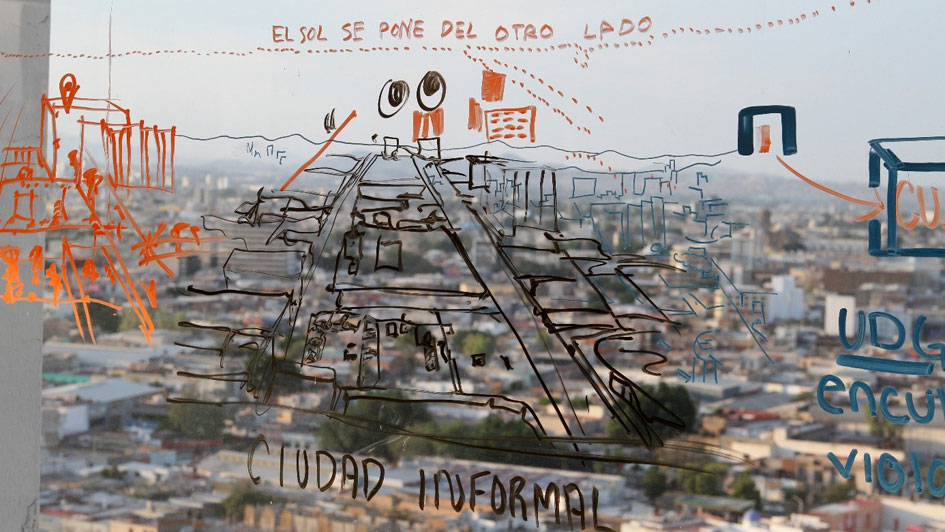
At divides in the city of Lima, CHANGING PLACES / ESPACIOS REVELADOS created new spaces for aesthetic experience. Artists participating in the project casted new light on unused spaces in the city of 10 million people, raising questions about the role of art in creating public areas for common use, especially during times of social distancing due to the coronavirus pandemic.
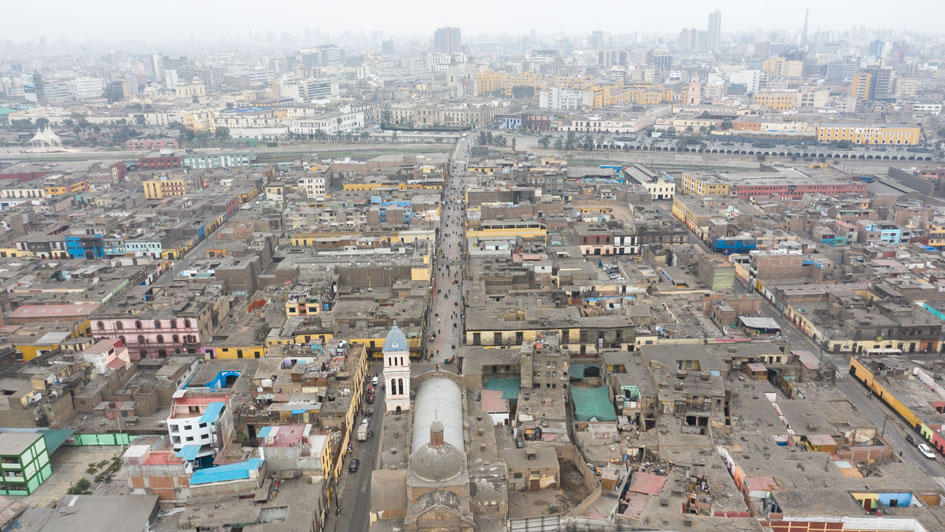
Impact
Three questions for Joachim Gerstmeier
Why did Siemens Stiftung launch CHANGING PLACES / ESPACIOS REVELADOS?
Vacancies in a city are a symptom of shifts in a society. The project series reacts to them with new artistic spaces of thought and experience. Conflicts, rifts, collective fear, and longing can be voiced and renegotiated in new ways. Spaces for opportunity only emerge when they are perceived as such.
How does each specific project take shape in a given city?
In each city, we begin a dialog with local stakeholders about the necessity and possibility of the project. We work with artists, curators, cultural organizations, city planners, public authorities, academics, social organizations, and community organizations to identify relevant subjects, districts in the city, and buildings. It is a joint project based on the circumstances of each city, but it also addresses issues that resonate beyond the local level. In a specially assembled project team, we work with local curators, academics, production managers, and technical managers so local and regional perspective intersect with the international view. Financing for the project is shared among the main partners.
What do you want to achieve with CHANGING PLACES / ESPACIOS REVELADOS?
Our idea is based on art’s ability to trigger unique experiences that can help shape the future. They can serve as a driving force for coexistence. Aesthetic perception can release new energies, which is why we want to encourage institutions to provide artists with space for their work in the cities. If we can achieve that, it’s worth more than all the visitor statistics and positive reviews.
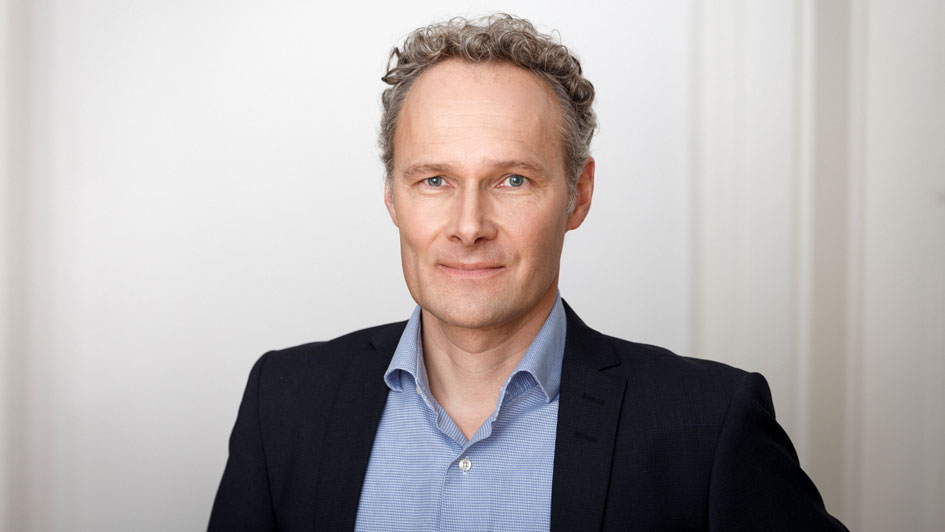
Partners
CHANGING PLACES / ESPACIOS REVELADOS is an initiative of Siemens Stiftung with:
In cooperation with:
Ecoemprender, Escuela Municipal de Artes Bucaramanga, Fundación Mapa Teatro – Laboratorio de Artistas, Municipalidad de Santiago, Municipalidad de Providencia, escenalborde, Nave, Junta de Vecions Barrio Yungay, Escuella Taller Fermín Vivaceta, DUOC, Universidad Diego Portales, Universidad de Chile, Goethe-Institut Chile, Fundación M.I.R.A., Acumar, Edificio Tornquist, Palacio Reconquista, Galería Güemes, Edificio Bencich, Edificio Lanusse, Banco Hipotecario, Secretaría Legal y Técnica de la Nación, Estacionamiento Cuadras, Cine Teatro Dante, Museo de la Ciudad, Casa del Sur, Barraca Peña, IUNA, Centro Rural de Arte und weiteren regionalen und internationalen Partnerinnen und Partnern.
Contact
Do you want to work with us? Do you have questions?
Project manager CHANGING PLACES
Joachim Gerstmeier
+49 89 540487 316



